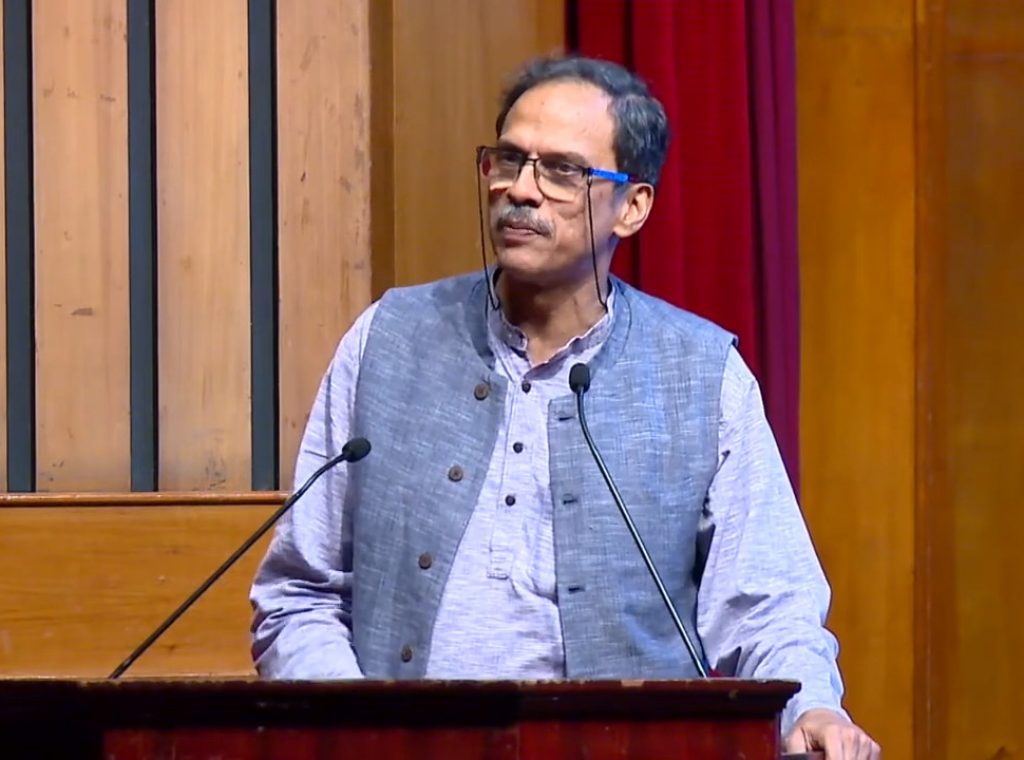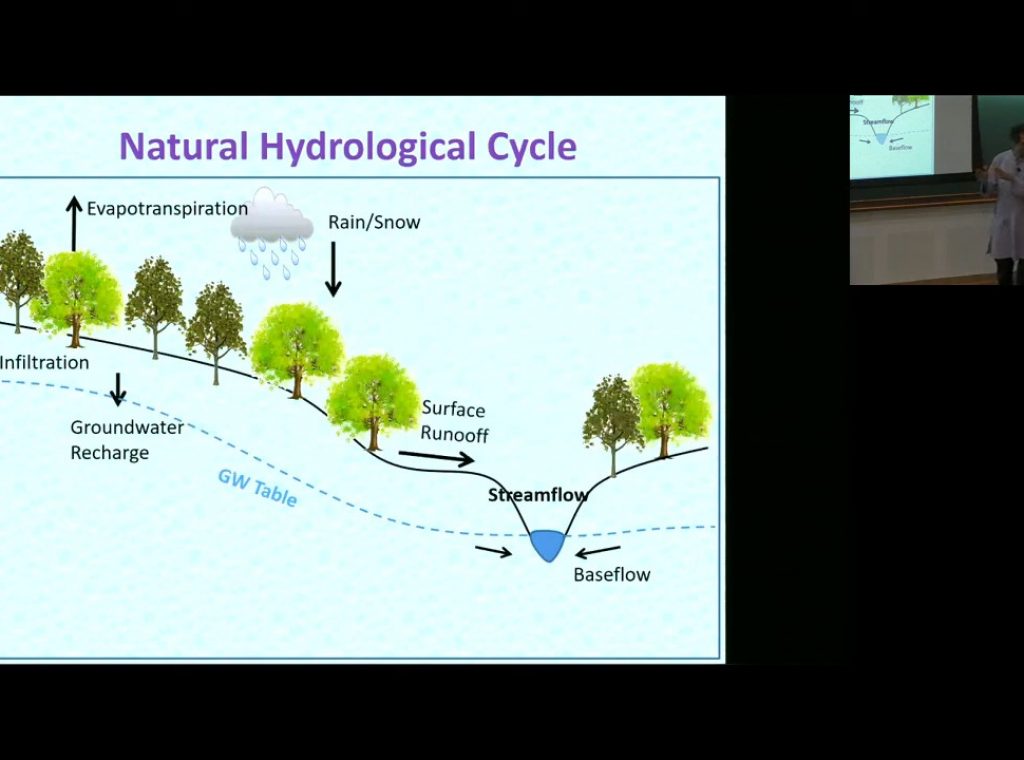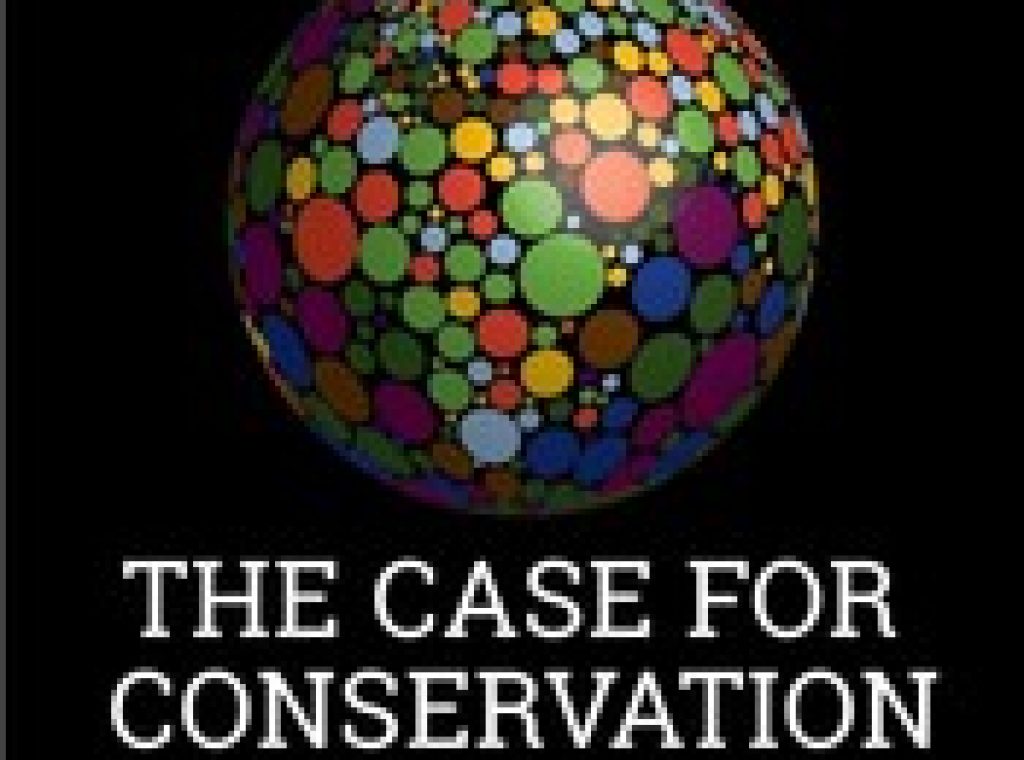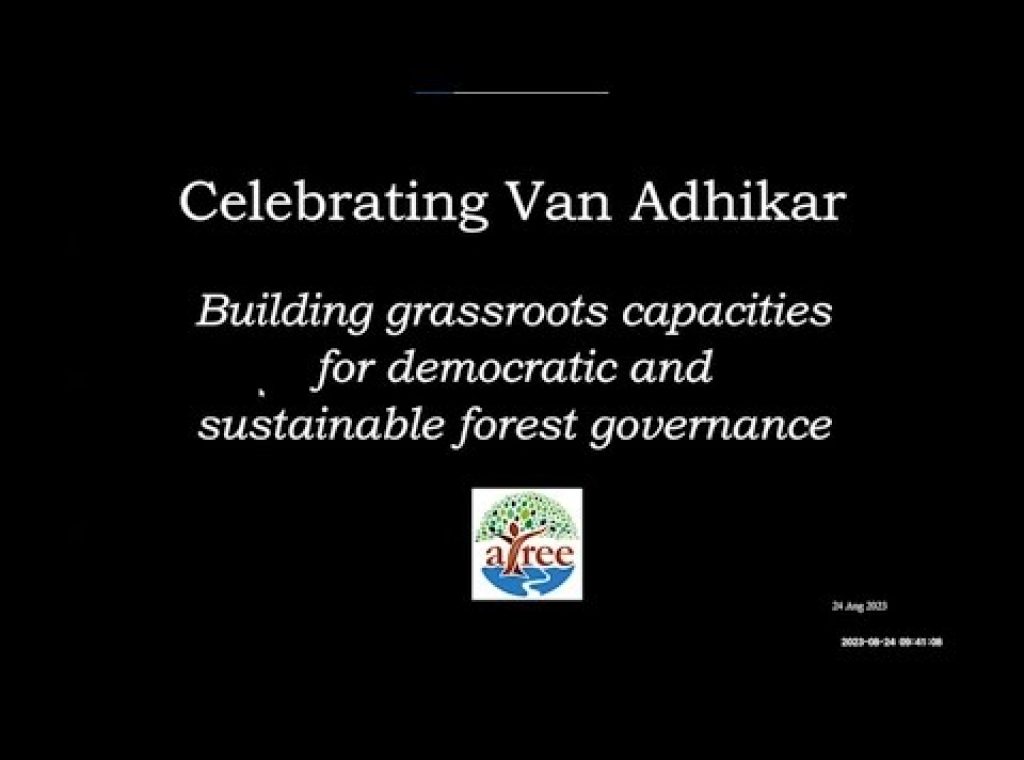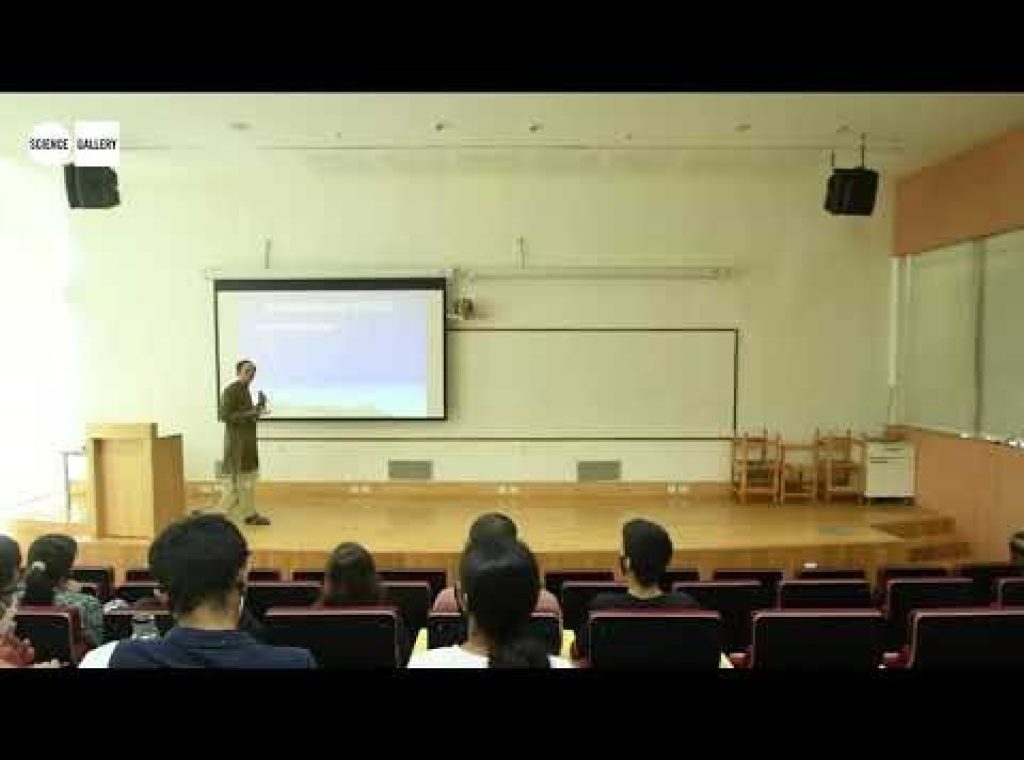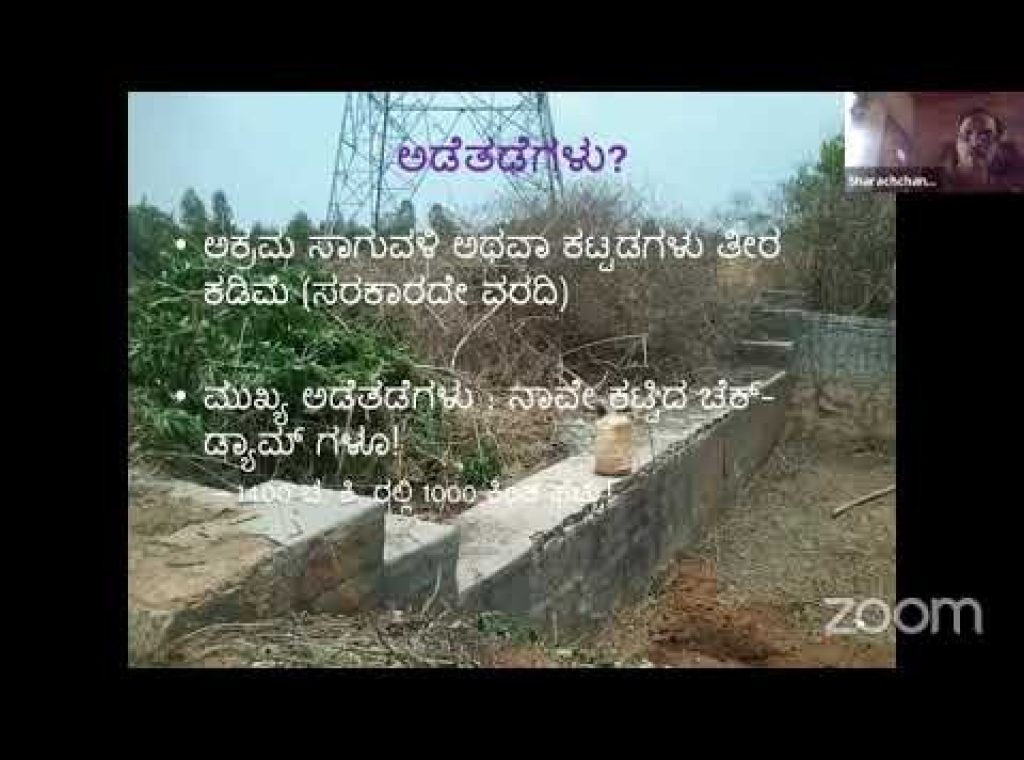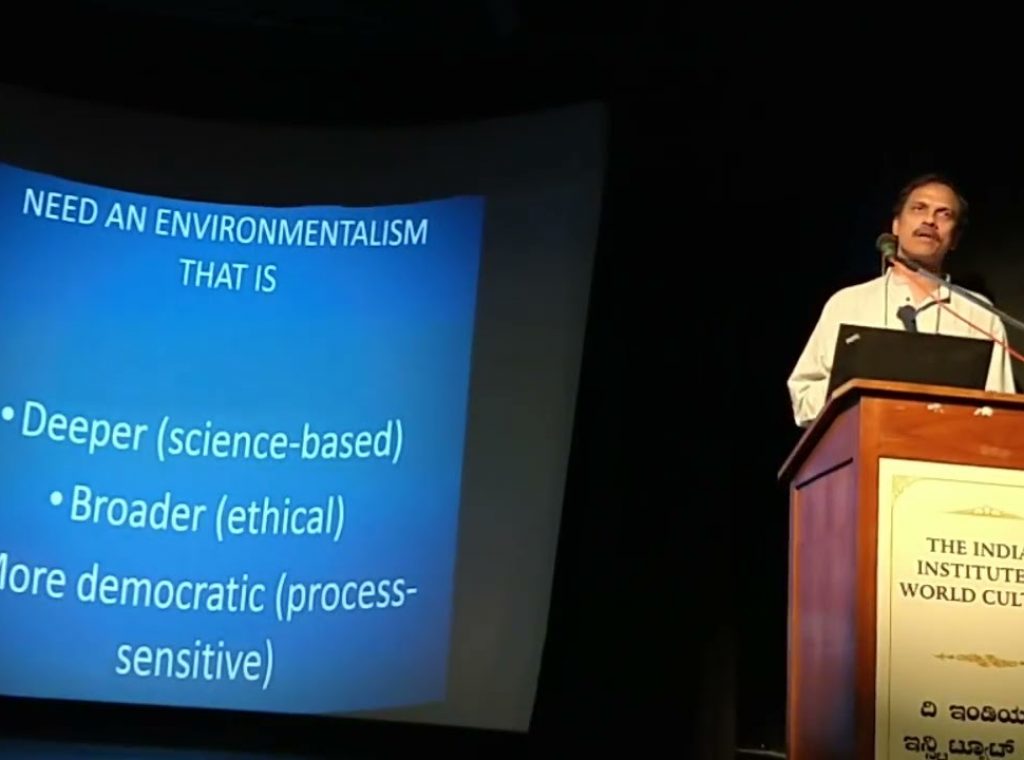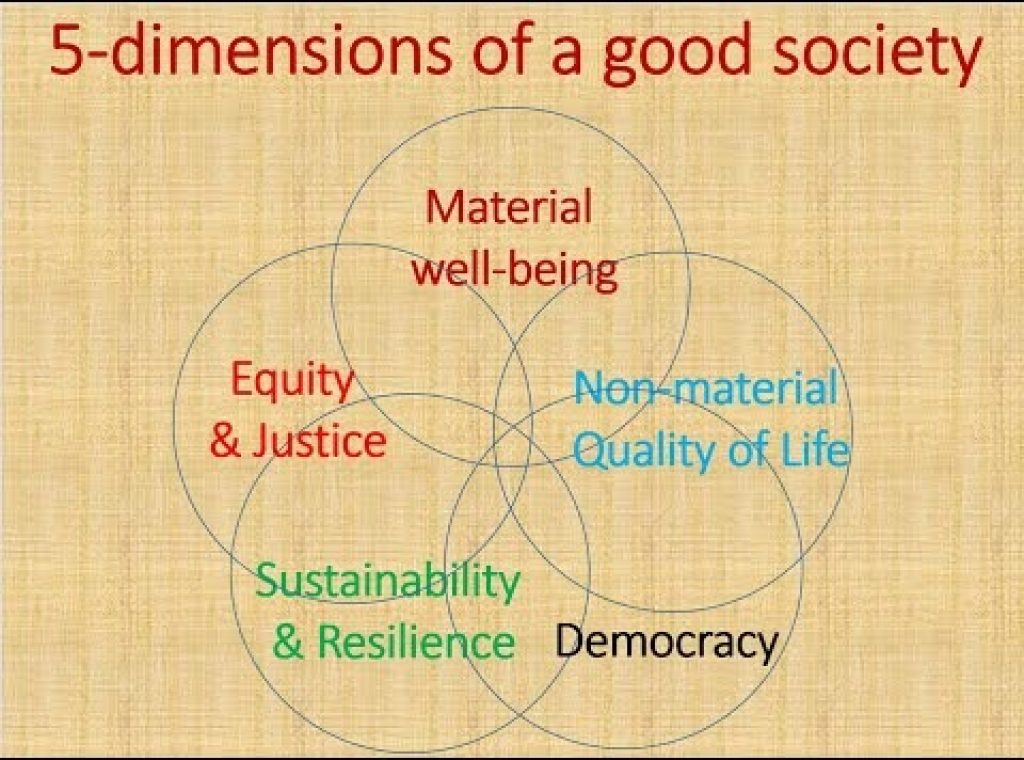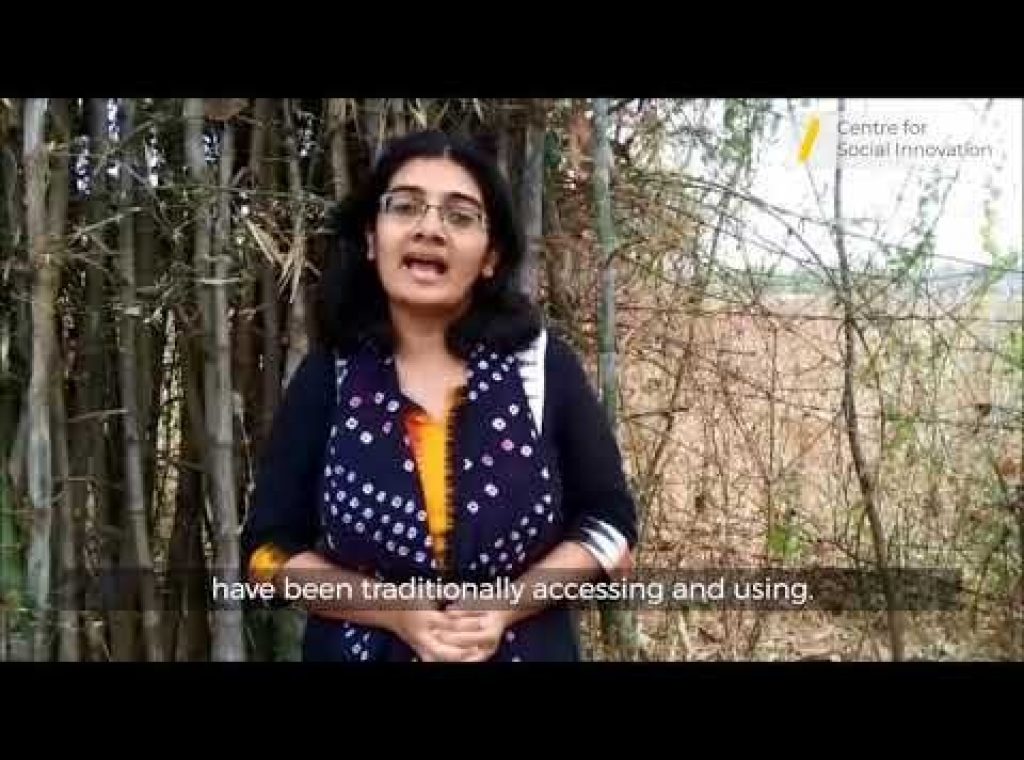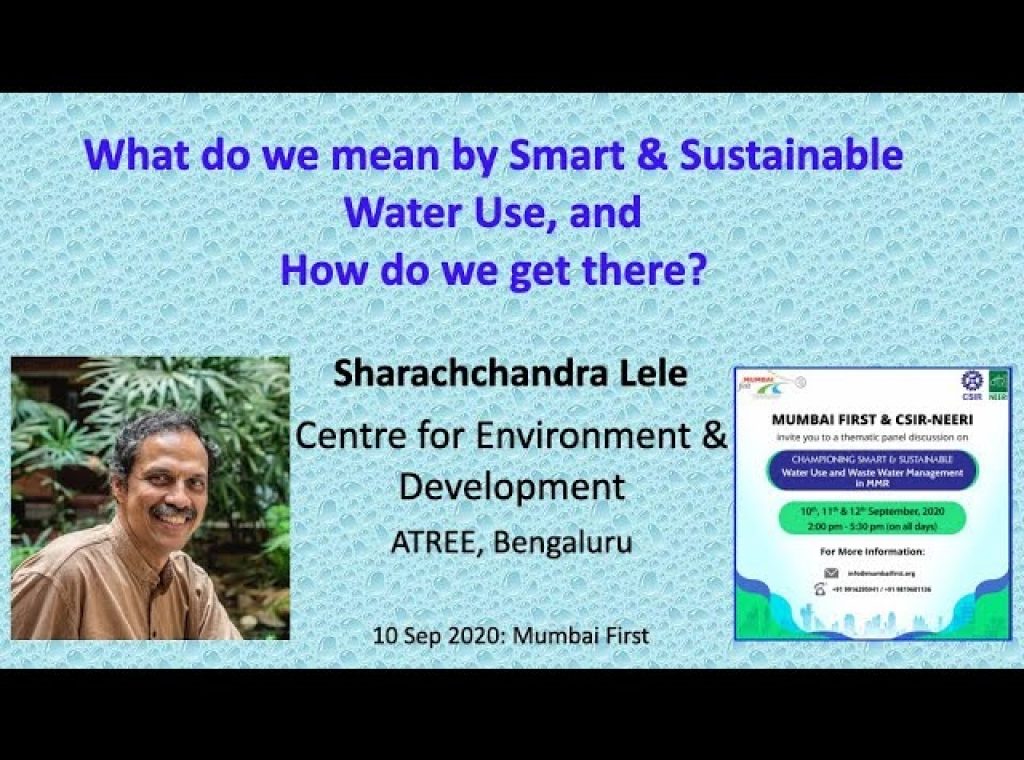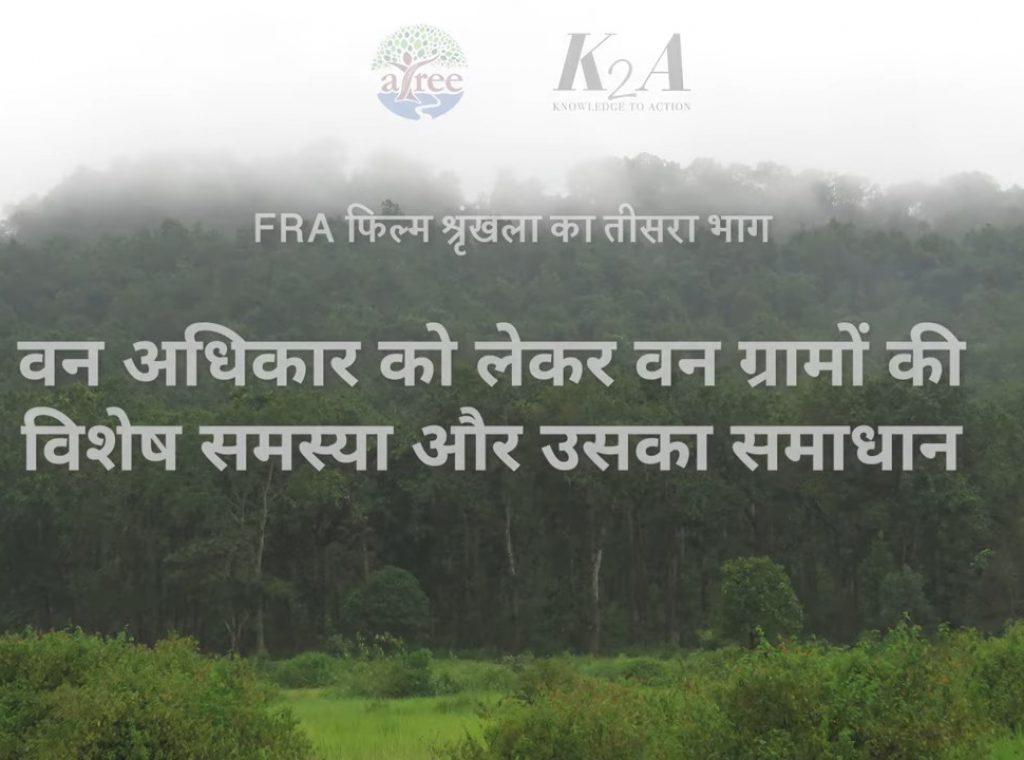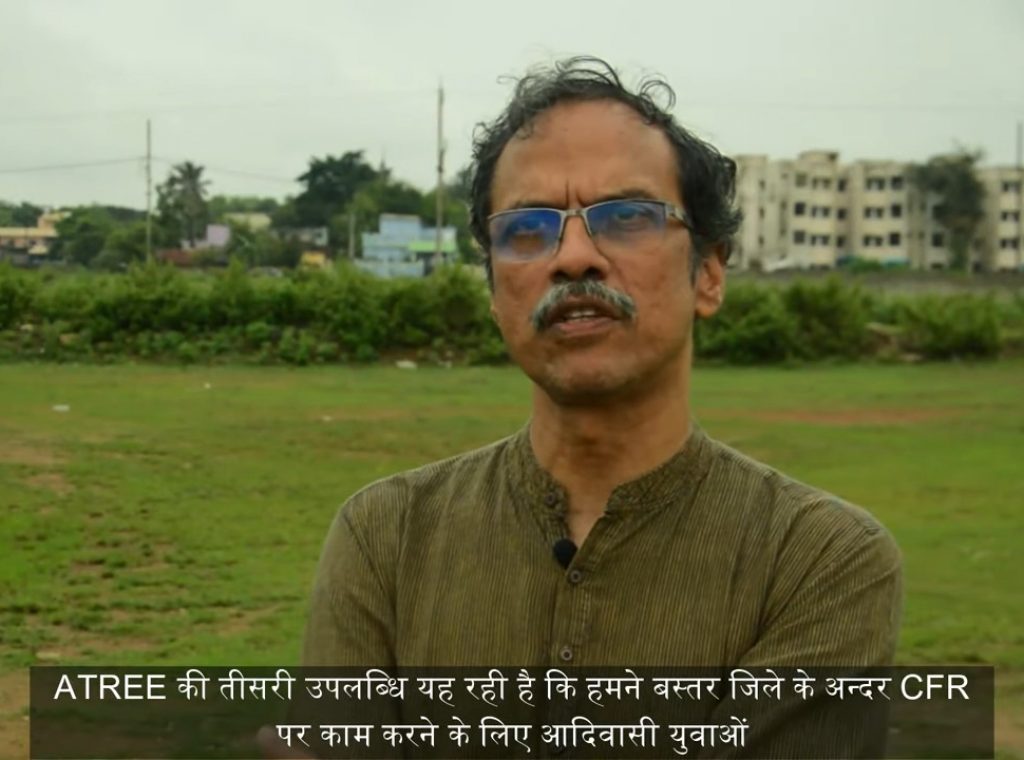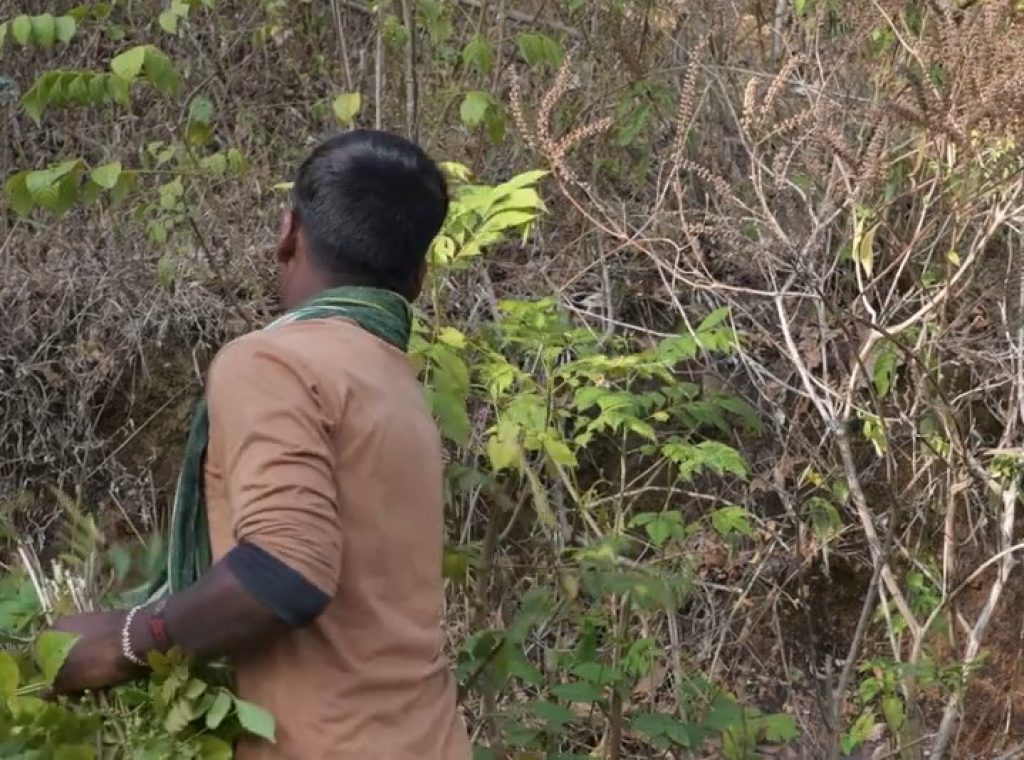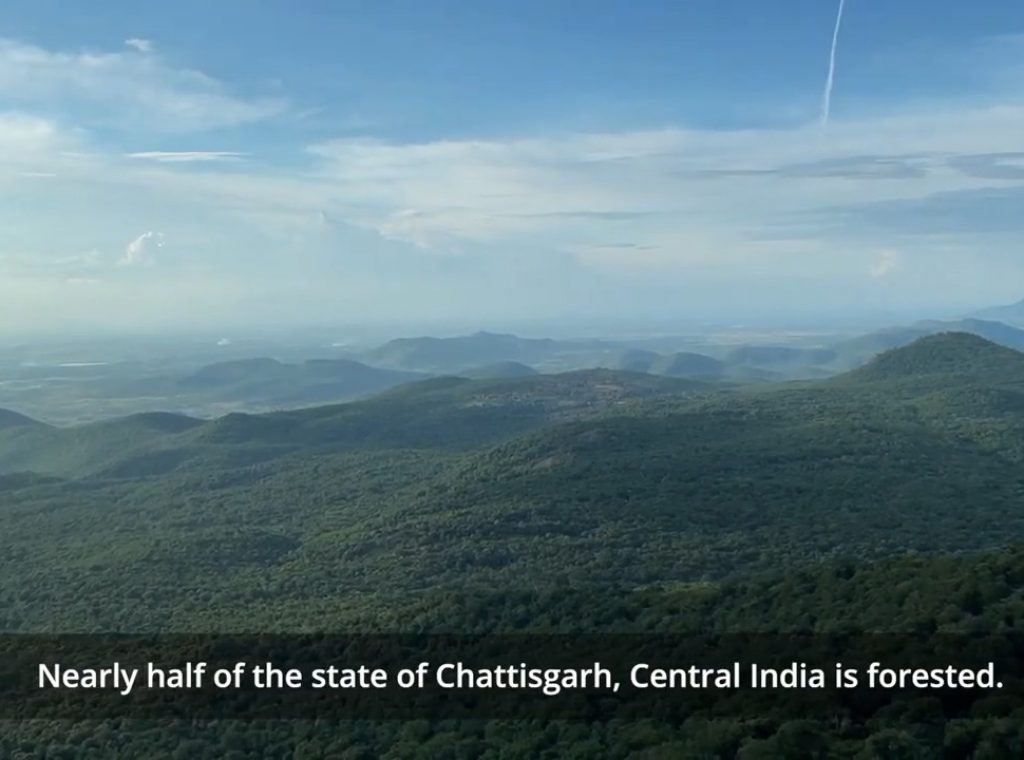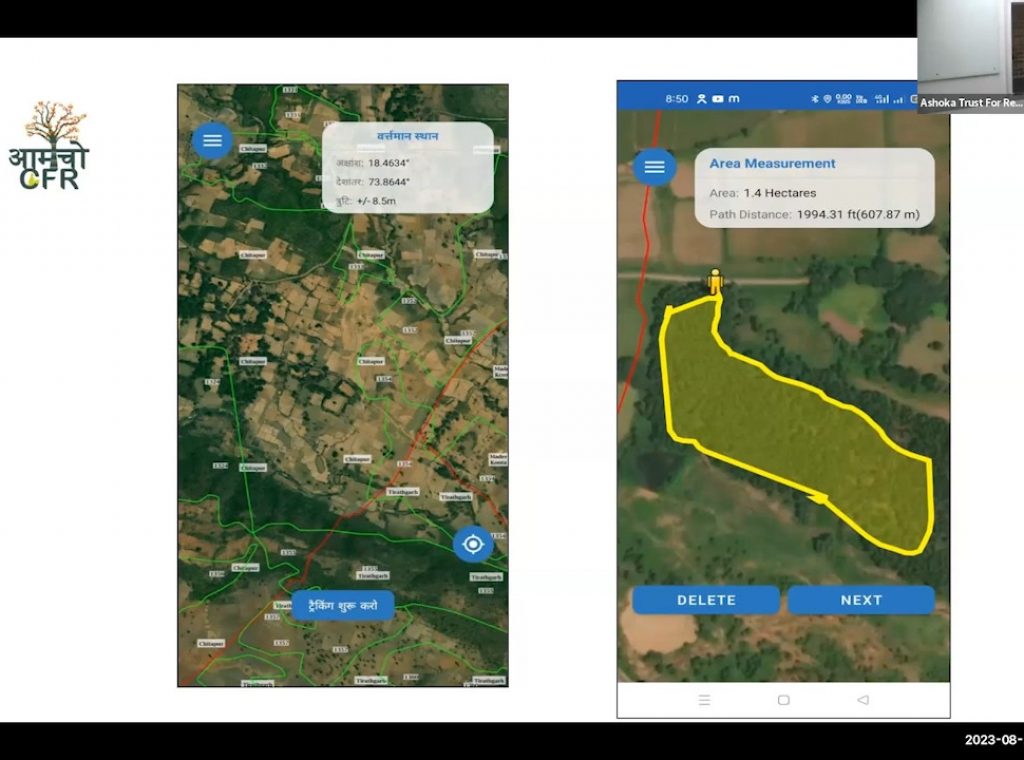Ankila Hiremath has a PhD in Botany (Ecology) from the University of Florida (1999). She currently coordinates collaborations in forest ecology and conservation at the National Centre for Biological Sciences, Bangalore.
Her research has been on questions related to conservation, restoration, and sustainable resource use, at the interface of human and natural systems. She has worked over the past two and a half decades in forests and savannas of the Biligiri Rangan Hills in Karnataka and the Nilgiris in Tamil Nadu, and in the Banni grasslands of Kutch. Much of this work has been on the ecological, socioeconomic, and human-wellbeing impacts of invasive alien species and their management for habitat restoration, and the role of invasive alien species in novel social-ecological systems. She is also interested in the ecology of fires, and the potential role of historical fire regimes, especially cultural burning, in savannas, in the context of climate change.
Apart from her research she is interested in how conservation science can be communicated to wider audiences. She had the privilege of working with the conservation magazine, Current Conservation, in its early years and to help co-start the magazine’s children’s supplement, CC Kids. She currently collaborates with colleagues on a citizen science project, Mapping Invasive Alien Plants, to create an Indian atlas of invasive plants and to raise awareness about invasive species with the involvement of interested volunteers.
Articles and book chapters
Books
Miscellaneous (reports, popular articles, etc.)
Other outputs
Sharad teaches 3 core courses in ATREE’s MSc and PhD programmes:
“Conservation is an important part of the environmental debate today. It is also the prime focus of this Masters programme. This course investigates the history, definition, scope, values and ethics underpinning that term, explores its relationship with other environmental concerns, the relationship of environmentalism with other societal goals, and the challenges of effective environmental conservation in democratic societies. At the end of the course, students should be able to describe the different cultural conceptions of what is to be conserved and why, and coherently articulate the challenges to effective and ethical conservation in a democracy. In brief, we try to foster “an honest conversation about conservation”!
This core course builds on the disciplinary knowledge to which students are exposed in semester 1 and focuses on the challenge of linking and integrating this knowledge to study society-environment interactions holistically. The first half of the course is common to PhD and Master students, in which we explore the nature of environmental problems as a special class of social problems, of the inherently value-laden nature of such problems, and the need for and challenge of doing rigorous interdisciplinary but rigorous research in this context. We discuss the normative concerns that are central to the environment-development debate. We then take students through different (often competing) perspectives on the society-environment relationship.
In the second half of the course, we will separate the tracks for the PhD and MSc students: The PhD students will focus on understanding how interdisciplinary research projects/dissertations have sought to frame and conduct such research with a series of examples that have used one or more of these perspectives to frame and analyse a particular environmental problem. The MSc students will focus on understanding how interdisciplinary ‘solutions’ are crafted, whether for policy or for practice, focusing on what normative concerns and merging multiple causal perspectives and solution styles in what way.
Conservation/environmental policy refers to the work of the state in setting directions, drawing boundaries, defining standards and incentives/disincentives, and monitoring and enforcing these mechanisms to achieve conservation and environmental goals. A broader perspective includes the role of the judiciary, civil society groups, and the resource users and those affected. This course introduces key theoretical concepts: why environmental policy/governance is necessary (nature of the resource, nature of societal decision-making) and what its instruments can be (legal, fiscal and administrative). We then use examples from various sectors—with a special focus on biodiversity and forests—to understand how these instruments are deployed and how they perform in India. We also discuss how other state and non-state actors such as the judiciary and social movements have shaped environmental policy in India.
Sharad engages actively in contributing his interdisciplinary environmental knowledge to the policy sphere by serving on various local, state and national committees/task forces.
Ongoing engagements:
Past engagements:
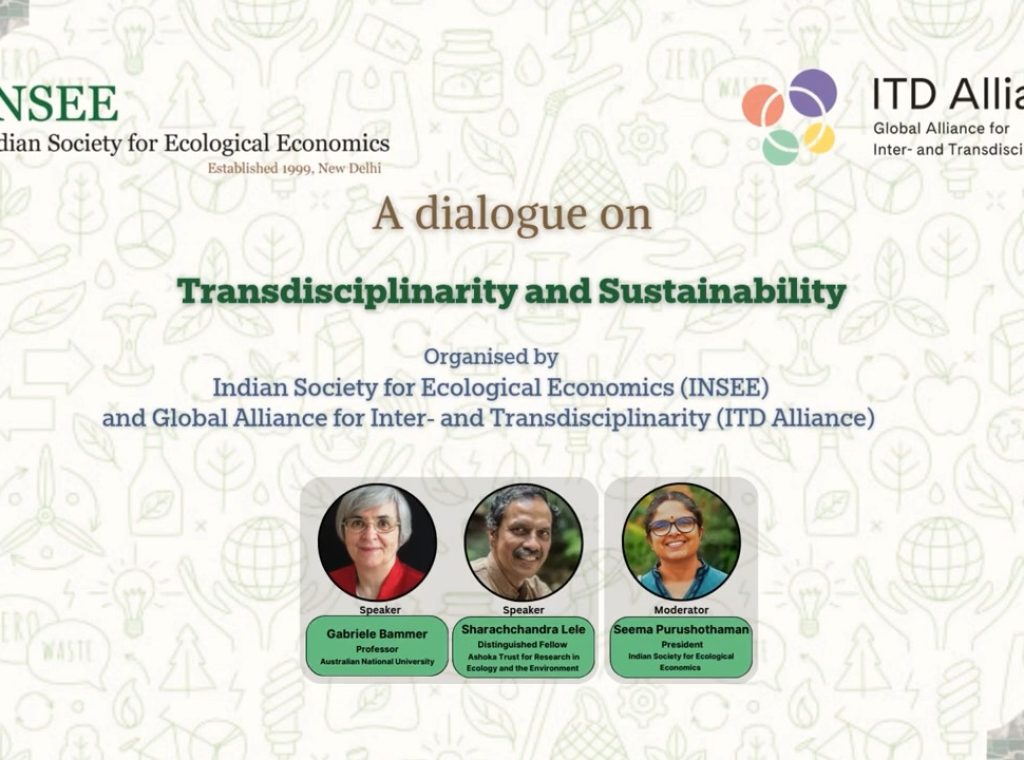

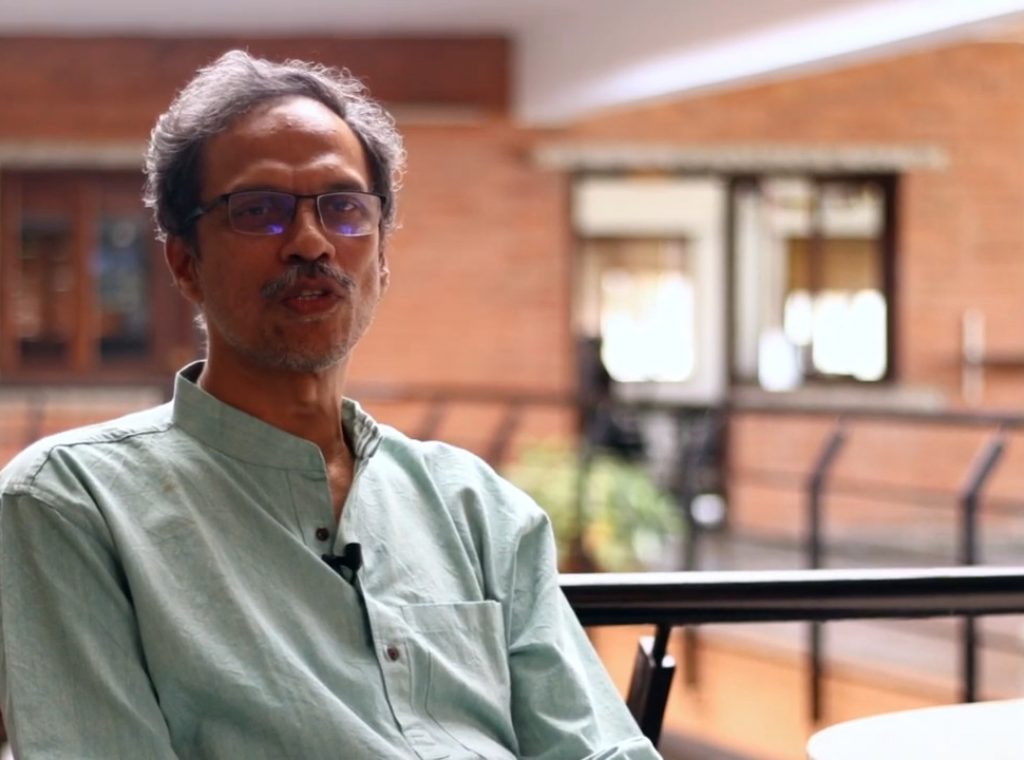

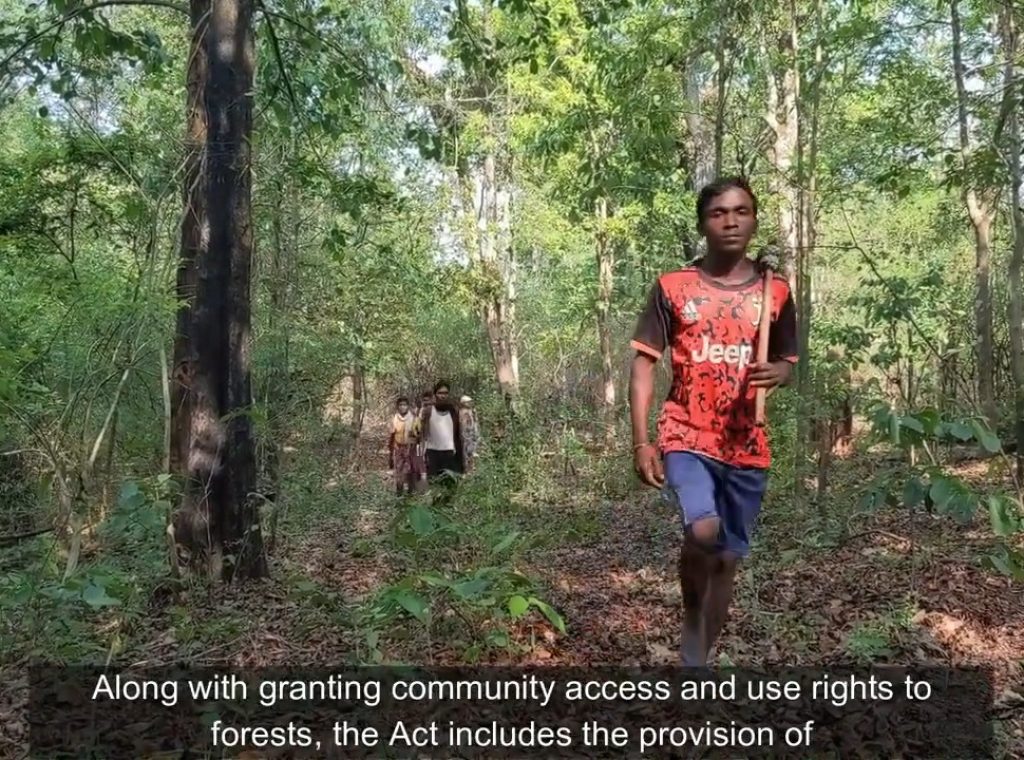

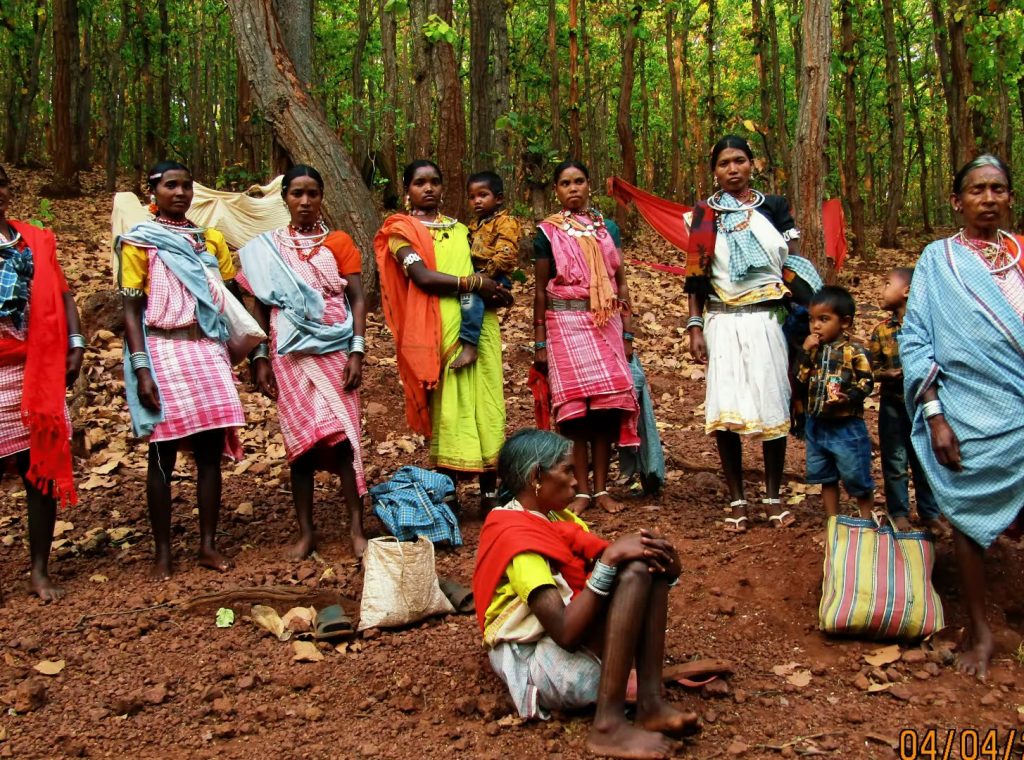

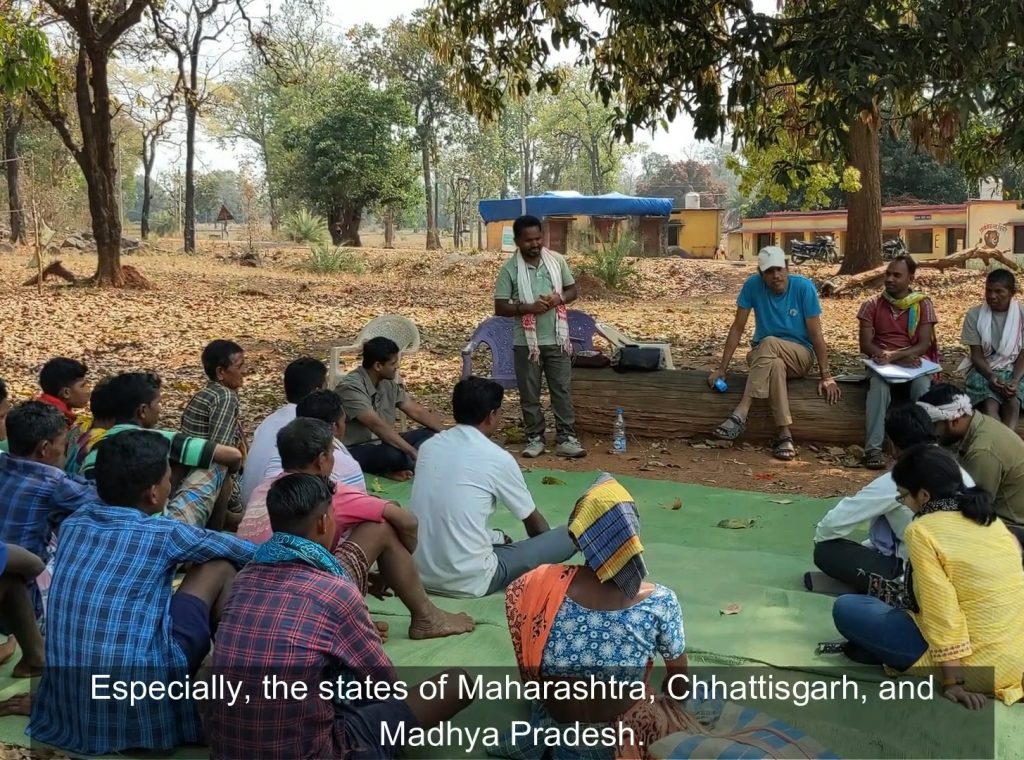

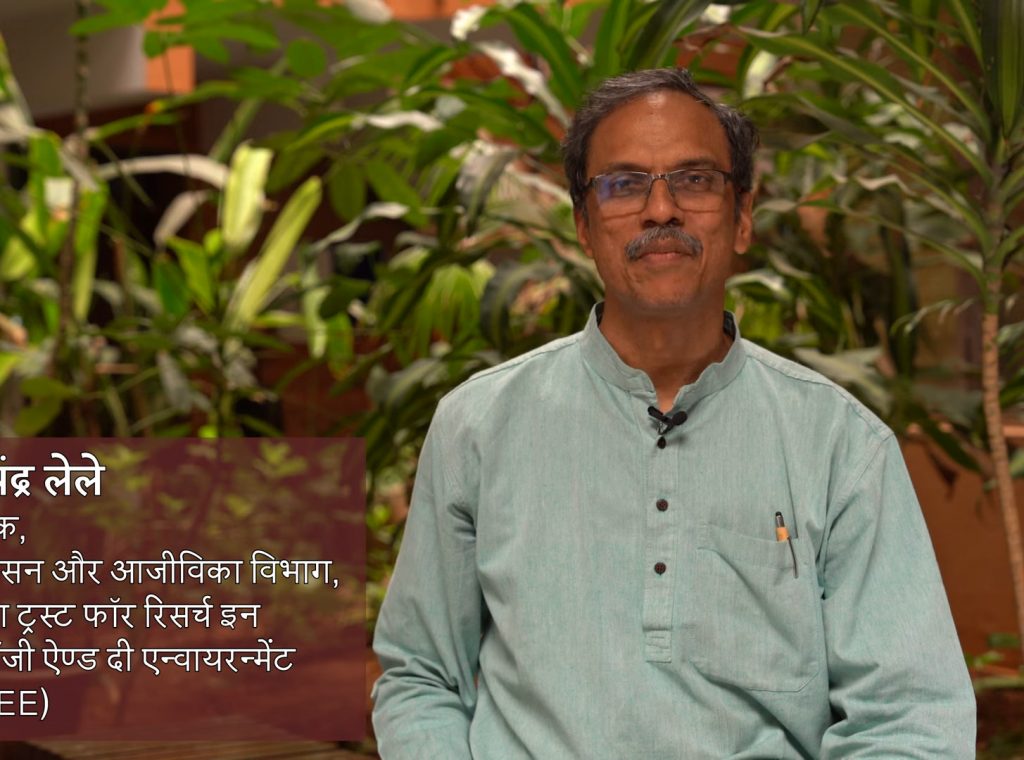

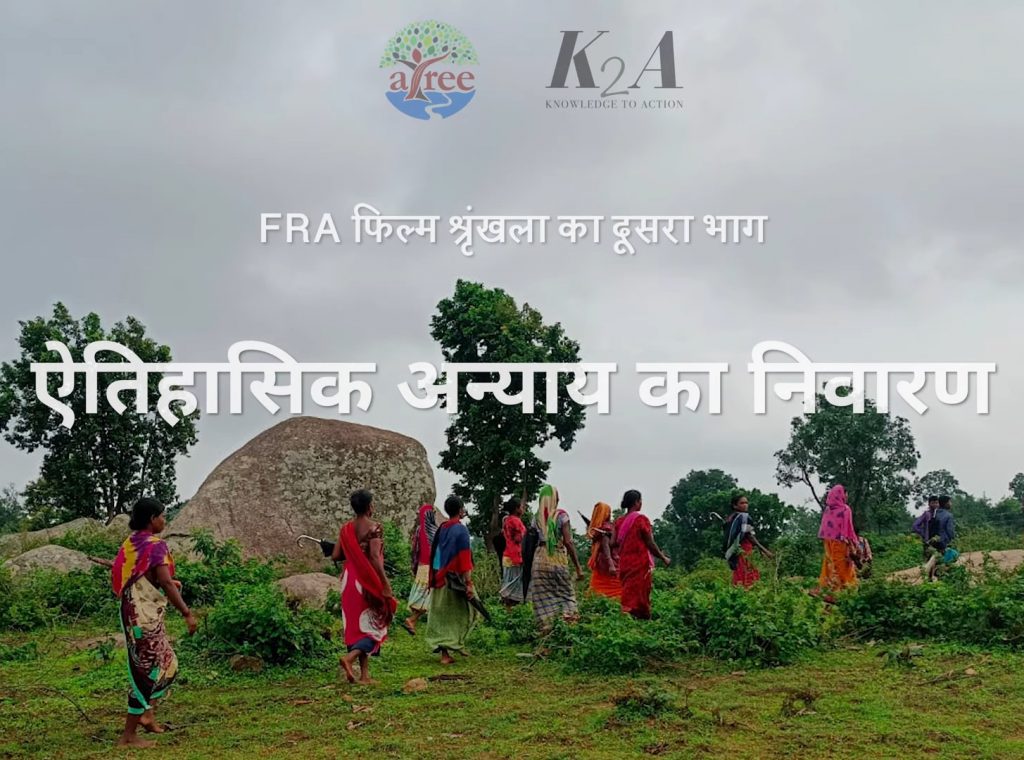

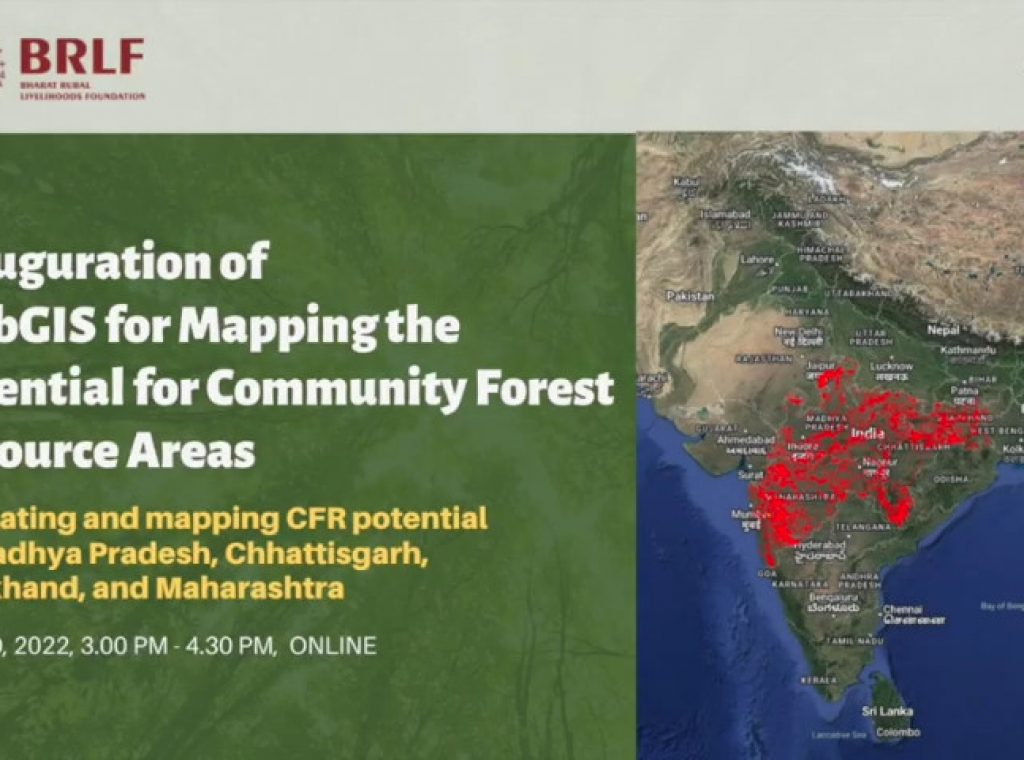

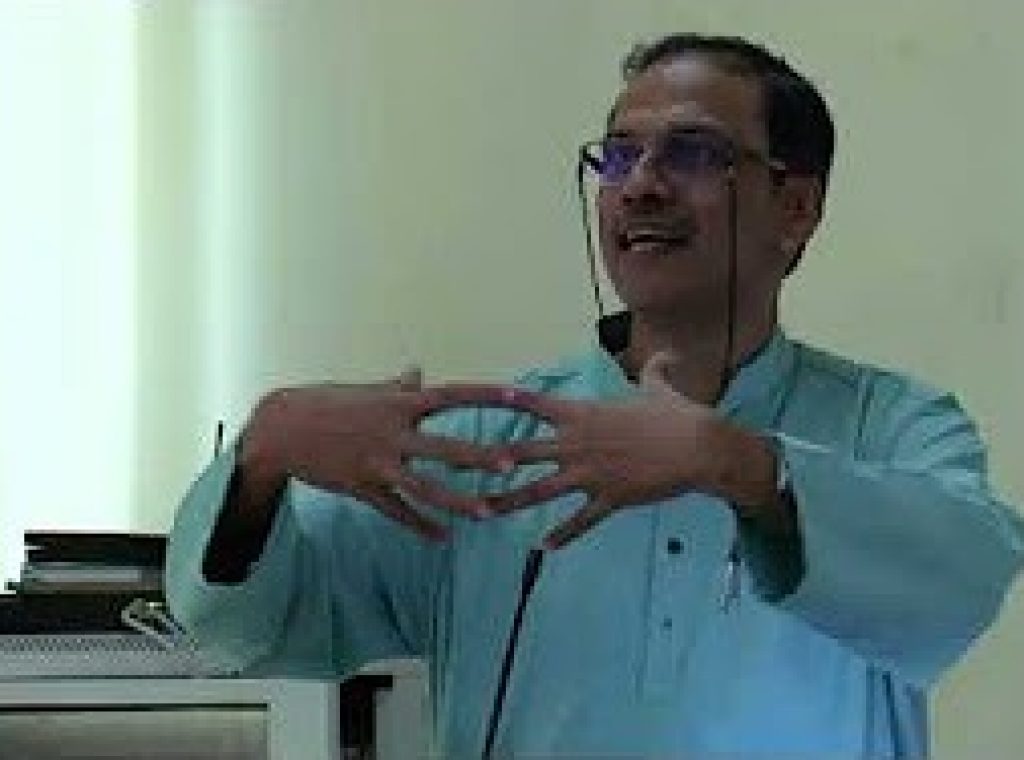

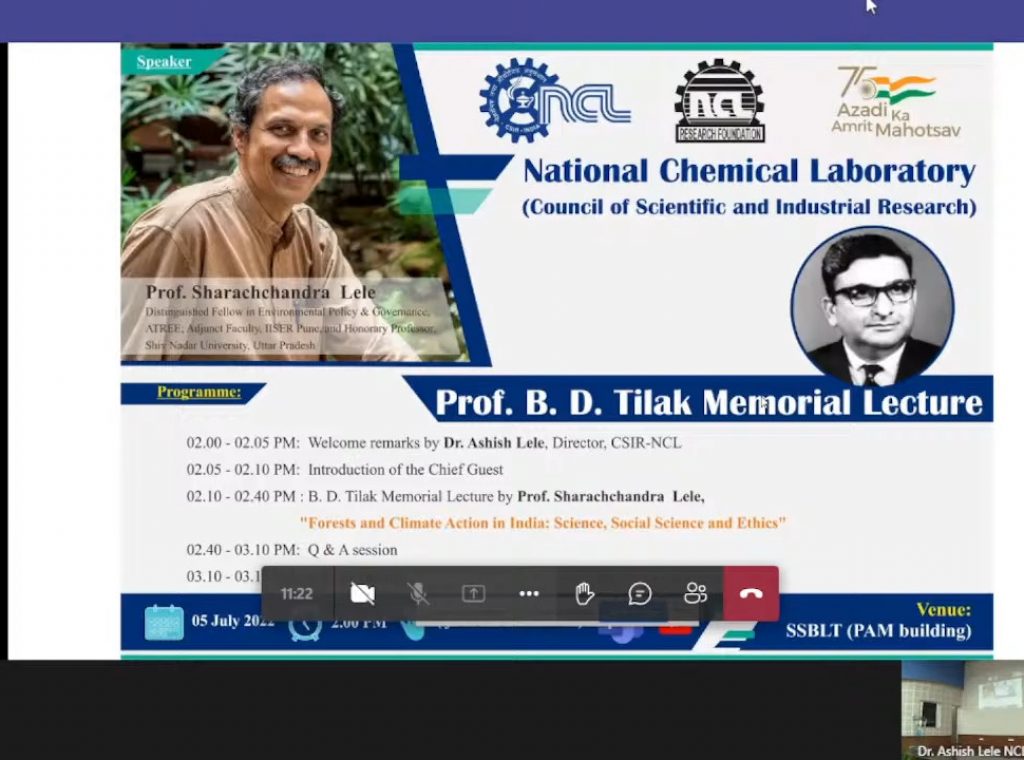

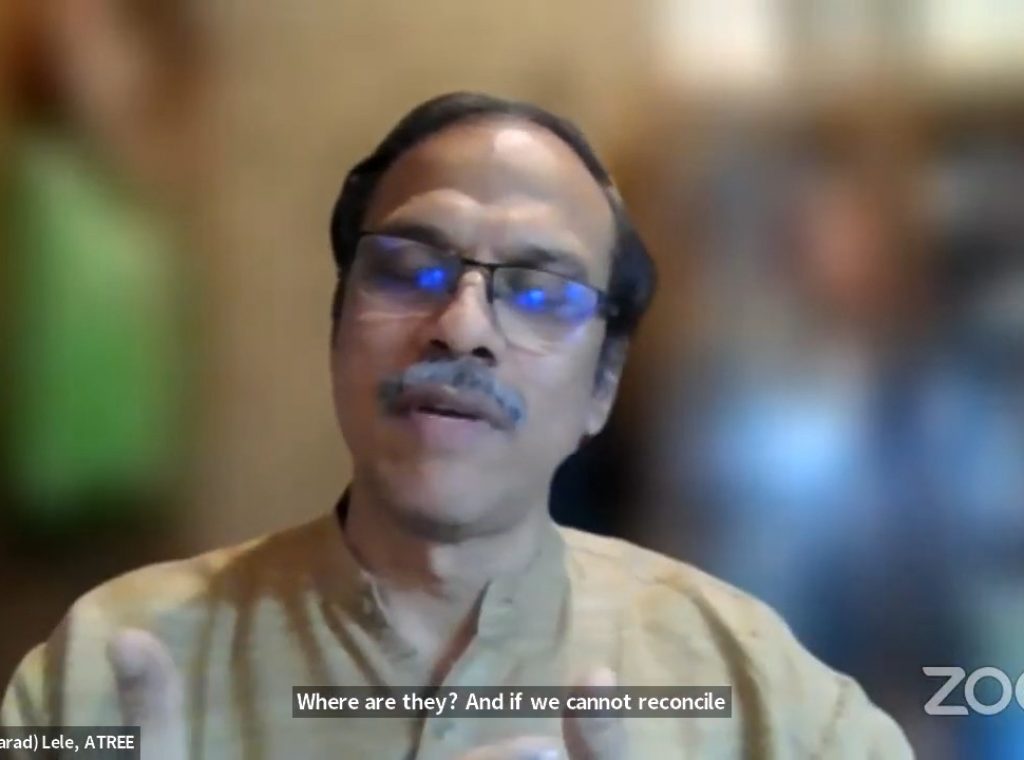

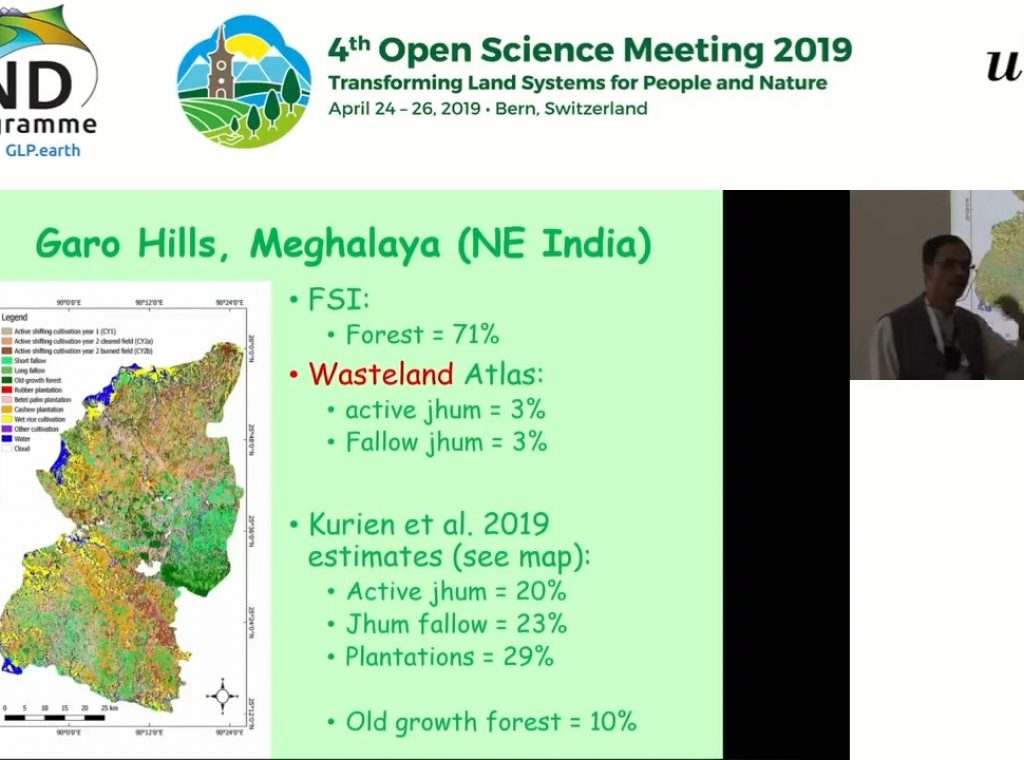

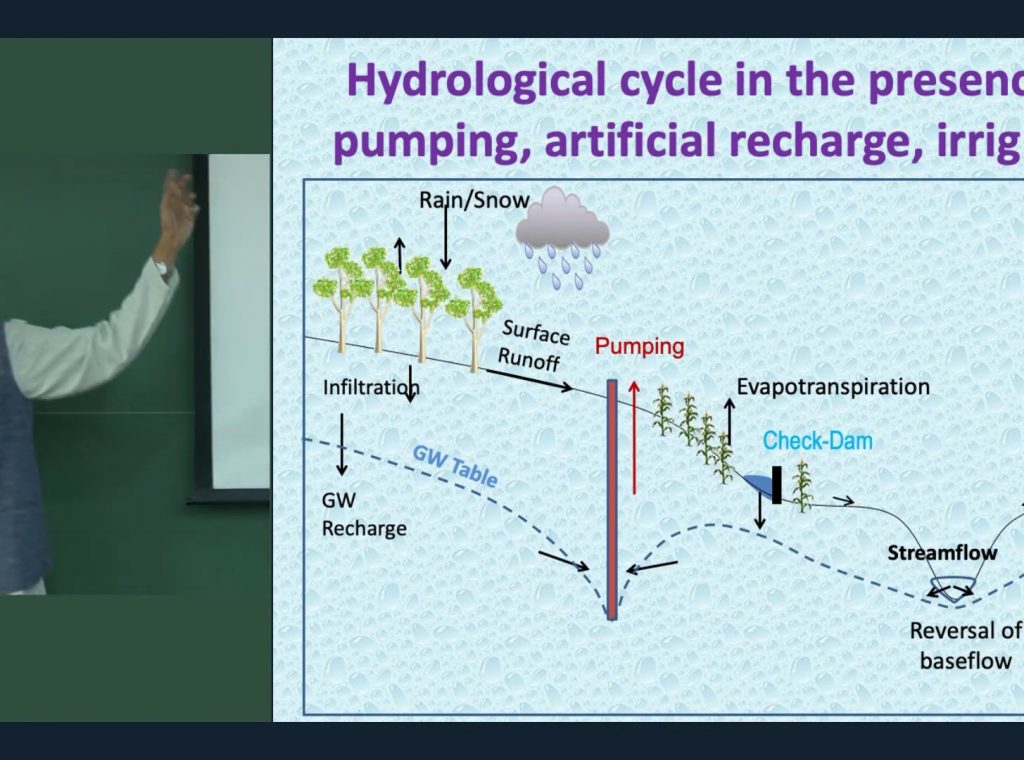

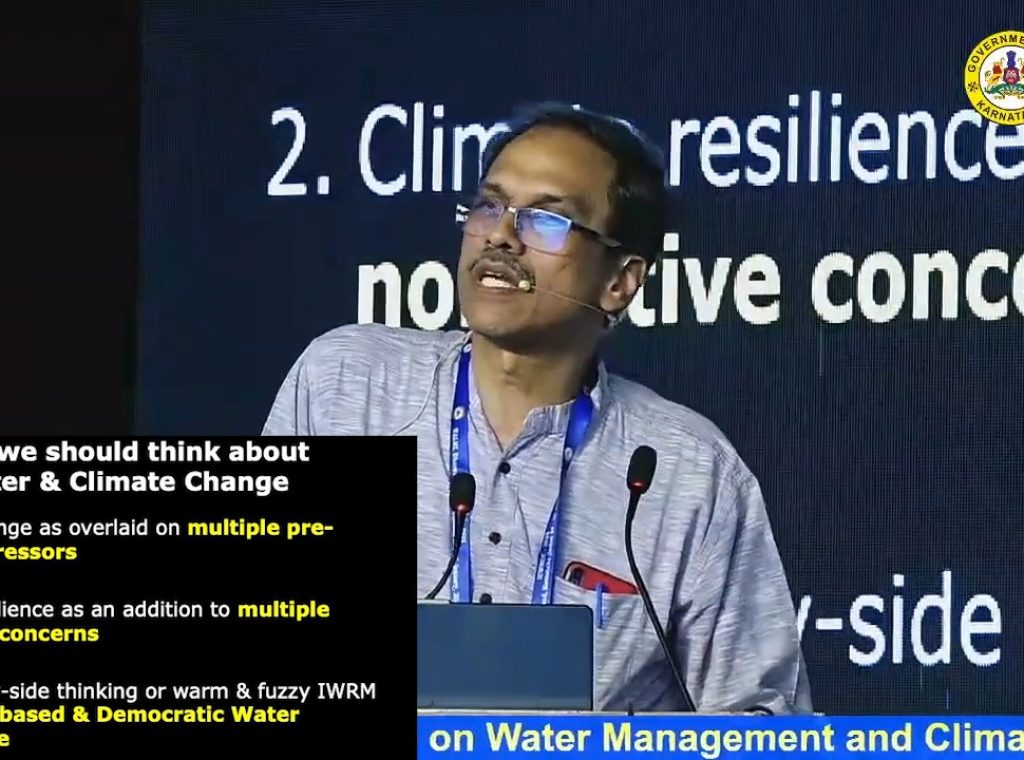

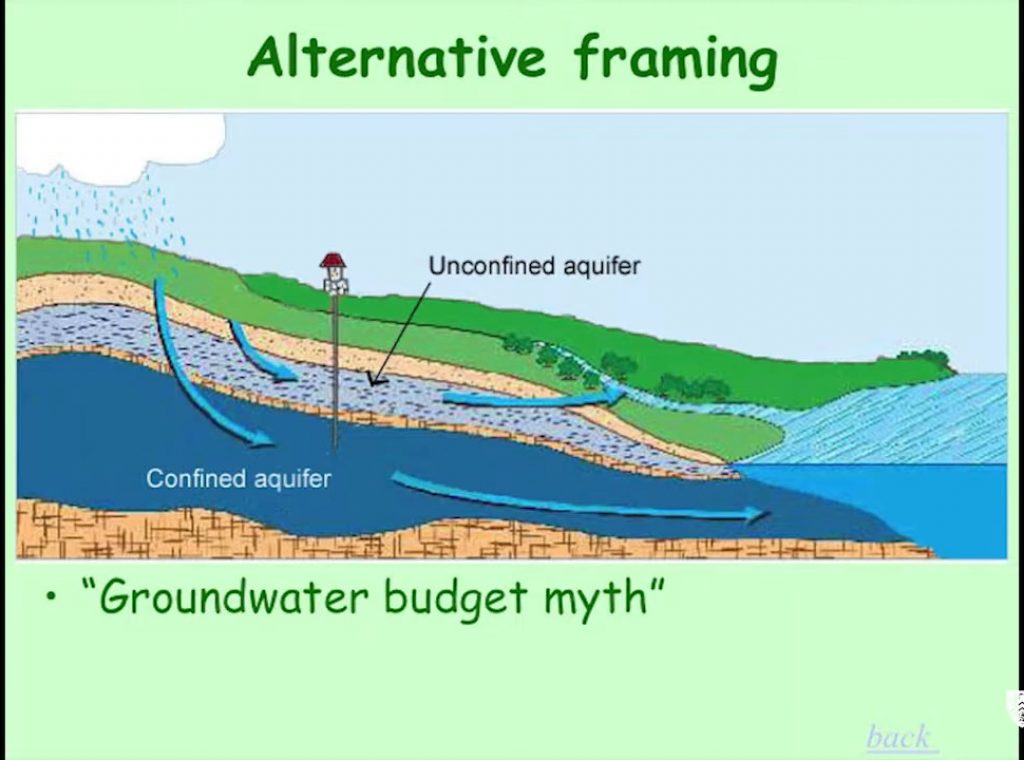

![River or Sewer_ The Story of Vrishabhavathy River in Bengaluru, Southern India [English] 0-53 screenshot River or Sewer_ The Story of Vrishabhavathy River in Bengaluru, Southern India [English] 0-53 screenshot](https://www.atree.org/wp-content/uploads/elementor/thumbs/River-or-Sewer_-The-Story-of-Vrishabhavathy-River-in-Bengaluru-Southern-India-English-0-53-screenshot-qyku3m6hd8zitlsny6994wrtmwrnie2kfc7dieqzsg.jpg)

![Arkavathy_ A Changing Waterscape [English] 0-51 screenshot Arkavathy_ A Changing Waterscape [English] 0-51 screenshot](https://www.atree.org/wp-content/uploads/elementor/thumbs/Arkavathy_-A-Changing-Waterscape-English-0-51-screenshot-qyku1yyneoqgi66ojynr9tps7mvj1gjh773s9z6sog.jpg)

